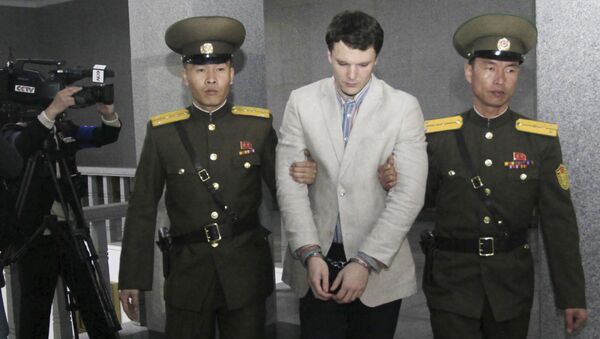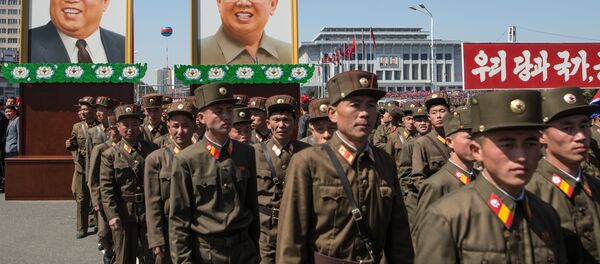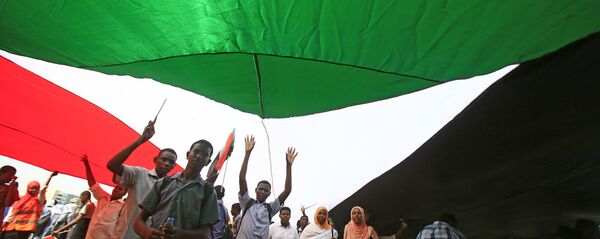Six Republicans and six Democrats, including well-known senators such as Marco Rubio (R-FL), Ted Cruz (R-TX) and Sherrod Brown (D-OH) co-signed the bill, which was authored by Rob Portman (R-OH) and Mark Warner (D-VA.).
The letter asked the State Department to consider "the totality of North Korea's actions — including detainment, detention and treatment of Americans citizens… [the] continued weapons sales and the transfer of sensitive technologies to other state sponsors of terrorism," and the "long record of violent and destabilizing acts domestically and internationally."
"These designations are made after careful review of all available evidence to determine if a country meets the statutory standard," the State Department spokesperson said. "The Department of State will take immediate action if credible evidence supports North Korea's designation as a state sponsor of terrorism under the statutory criteria."
The senators met with Warmbier's parents, Fred and Cindy, who have publicly called for North Korea to be labeled a state sponsor of terrorism. "We see North Korea claiming to be a victim and that the world is picking on them. And we're here to tell you North Korea is not a victim, they're terrorists," Fred Warmbier said during a September appearance on Fox & Friends.
Otto Warmbier was an American university student who visited North Korea as a tourist in January 2016. He was detained on charges of stealing a propaganda poster from his hotel and spent 15 months in custody before being returned to the US in June 2017 because of his rapidly deteriorating health, which the North Korean authorities claimed was caused by a botulism infection. Warmbier was returned in comatose condition: doctors found no signs of torture, but said Warmbier had suffered a heart attack and brain damage. He died six days later at the age of 22.
Currently, the State Department's list of state sponsors of terror is short: Iran, Syria and Sudan, the latter of which is appealing to be taken off the list. Past members include Cuba, Libya, Iraq, the defunct state of South Yemen — and North Korea itself, which was on the list from 1988 to 2008.
At the time, the US State Department wrote that North Korea "was not known to have sponsored any terrorist acts since the bombing of a Korean Airlines flight in 1987," referring to the destruction of Korean Air Flight 858 in an incident that killed 115. The agreement was made as part of an agreement for North Korea to curb its nuclear program.
Being labeled a state sponsor of terror by the US comes with a nasty package of sanctions. Of course, North Korea is already heavily sanctioned by the UN, but even if the current crisis ends and the UN sanctions are eased, the 'state sponsor of terror' sanctions will remain in effect.
There are no proven ties between North Korea and terrorist groups such as Daesh. However, they do have a defense relationship with Iran, Sudan and Syria, which are currently on Washington's list as state sponsors of terror.





